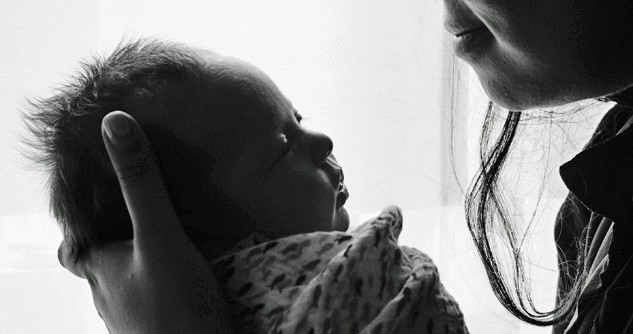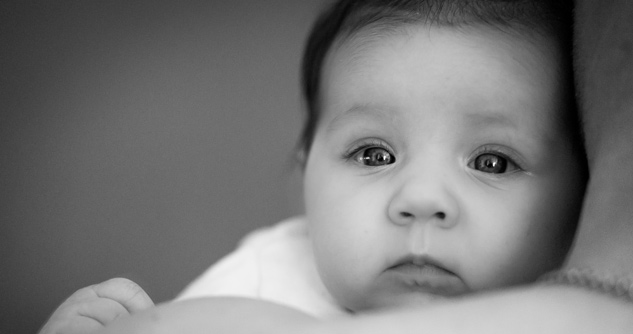SAFE HAVEN 24/7 hotline: 1-888-510-2229(BABY) Or Text: SAVEHAVEN to 313131
(K-LOVE Closer Look) -- In 1999, Texas became the first state to adopt a “Baby Moses” law, providing parents a legal option to surrender their baby to authorities unharmed. Widely known as “Safe Haven” laws, a parent can anonymously drop off the child at an approved location, typically a hospital, firehouse or police station. The Safe Haven law has become statue in all 50 states, leading to the safe surrender of more than 4,000 babies nationwide.
Surrendered newborns are often the result of domestic abuse or human trafficking, or sometimes are children of impoverished immigrants. Whatever the circumstance, parents are usually scared and desperate says Sarah Keoppen, executive director of The Hope Box north of Atlanta, Georgia.
“I had a mom meet me in a parking lot, she was young – she was associated with some very dangerous people and she didn’t want them to sell the baby or harm the baby – so she hid the pregnancy – and then she called me.”

Laws for anonymous surrender of a newborn vary state-to-state. In some the time frame is 7-days since birth, in others the rules allow surrender up to 30 even 60 days. In some states Safe Haven providers include firehouses and police stations -- but hospitals are approved locations in every state.
“We all always tell people, don’t panic, just take the infant to the hospital.”
If a woman is willing – and able – to talk to one of many advocacy groups, then abandonment can often be avoided. Heather Burner, executive director of the National Safe Haven Alliance, says getting baby to a stable home is first priority, but advocates like NSHA offer support to new moms who may just be temporarily overwhelmed. “We try to find what is causing them to feel unable to parent this child: oftentimes we find they may be homeless or in need of childcare or they need things for newborns.” In those cases, care packages filled with gift cards, bottles and diapers may be all that the new mother needs to keep her baby.

Safe Haven laws bluntly terminate a mother’s rights, so advocates like Keoppen and Burner do their best to convince women set on separation to choose adoption instead. Adoption usually gives the birth mother an option for staying in touch with the family that ultimately raises her child. Burner says the National Safe Haven Alliance finds about 25% of their callers decide to parent, 40%-50% choose adoption and the remainder exercise their right to permanently relinquish custody of their baby to the state.
Even with thousands of babies safely surrendered since the first laws were passed, the ongoing challenge for Safe Haven advocates is getting the word out to the very women with newborns they cannot care for. “Just this year alone we’ve had over 30 babies abandoned,” says Burner. “Half have survived half haven’t because they were placed in the elements or in dangerous locations – it’s vital for the mission for us to raise awareness, to raise funding to train providers and to share the Save Haven information.”
Burner calls on hospitals, fire stations, police stations, child welfare offices and churches to post signs so that a desperate woman or girl knows where to turn.
“We really want to encourage anyone who is a Safe Haven provider, whether you’re a nurse or a hospital employee, that you are educating yourself and others about the Safe Haven law because that’s truly how we save lives.”
